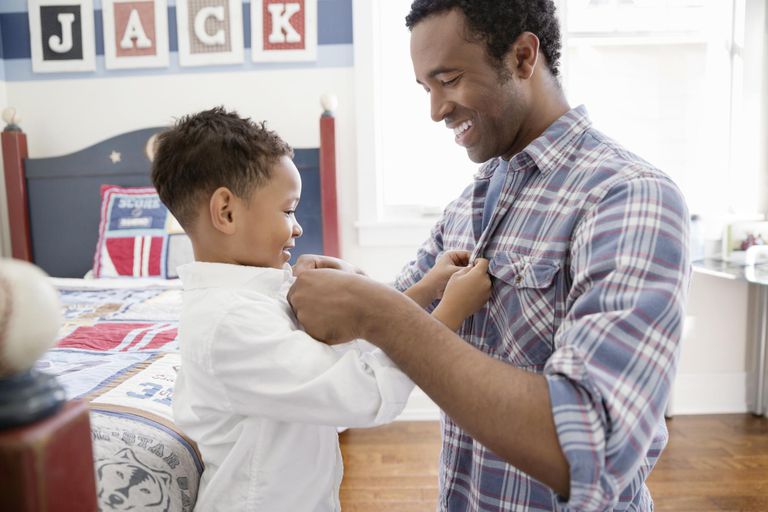The Power of Teaching Young Children Social Skills
“Pink, Pink”, my niece excitedly repeated as she walked into the kitchen. I loved the way she attempted to say paint. She was only two years old, and she was quickly expanding her vocabulary every day. I grabbed the paint supplies and she got to work. I intently watched her, she smiled and made a series of small designs on the paper. She then looked up at me and handed me a paint brush. “You want TiTi to paint too”? She excitedly shook her head yes. I then began to make a series of polka-dots and straight lines. Then something pretty incredible happened- she mirrored my exact patterns; stroke for stroke, she began to paint just like me.
Social development begins early. Whether we notice it or not, babies and young children are intensely and consistently observing their environment. They perceive our social cues and then model the very social skills they have learned from watching us. As babies grow into small children, educators and parents are tasked with a great responsibility; we must instill social values in our children to help them navigate the complicated world of social interaction.
Parents and educators are a primary key of early childhood socialization and have a unique opportunity to teach social skills which focus on targeting those essential skills that are significant to social interactions.
Here are my top tips for teaching social skills
1 – Be ready to remind your children about how to behave readily:
Children are not microwave meals: it’s normal and necessary to constantly remind them to be polite. Small reminders such as “say please and thank you” culminate over time and help them to naturally be polite in their interactions independently.
2 – Be the change you want to see – Show, don’t tell:
Demonstrate to children the desired behavior you expect from them. If you wish them to be polite and be kind to others, you must display kindness and gratefulness to others.
3 – Praise and reinforce the behavior that you want to:
It is always more productive to enhance the actions you want to see. Instead of admonishing them, giving them praise and rewards can help encourage good behaviors and also is vital in building up their sense of self-esteem and confidence.
4 – Build as you go:
Teaching children happens one day at a time and we can build skills incrementally. You and your children may find it much easier if you focus on just a few things at a time, in an age-appropriate way.
5 – Help them understand “a walk in someone else’s shoes”:
If your child doesn’t understand how their behavior affects others they probably won’t see a reason to act any differently. Not only will learning empathy lower the chance of your child interacting negatively with others, but it can also help improve others’ interactions with your child.
There are several ways to help children develop social skills. Social values are instilled when parents and educators are consistent and patient. Remember that social development and understanding how to interact with people is a lifelong learning process.
- https://www.skillsyouneed.com/parent/social-skills-children.html
- https://www.scholastic.com/teachers/articles/teaching-content/professional-development-social-skills-and-young-children/

Tiana Brown is the Assistant Director of the Norwalk Housing Authority Learning Centers

